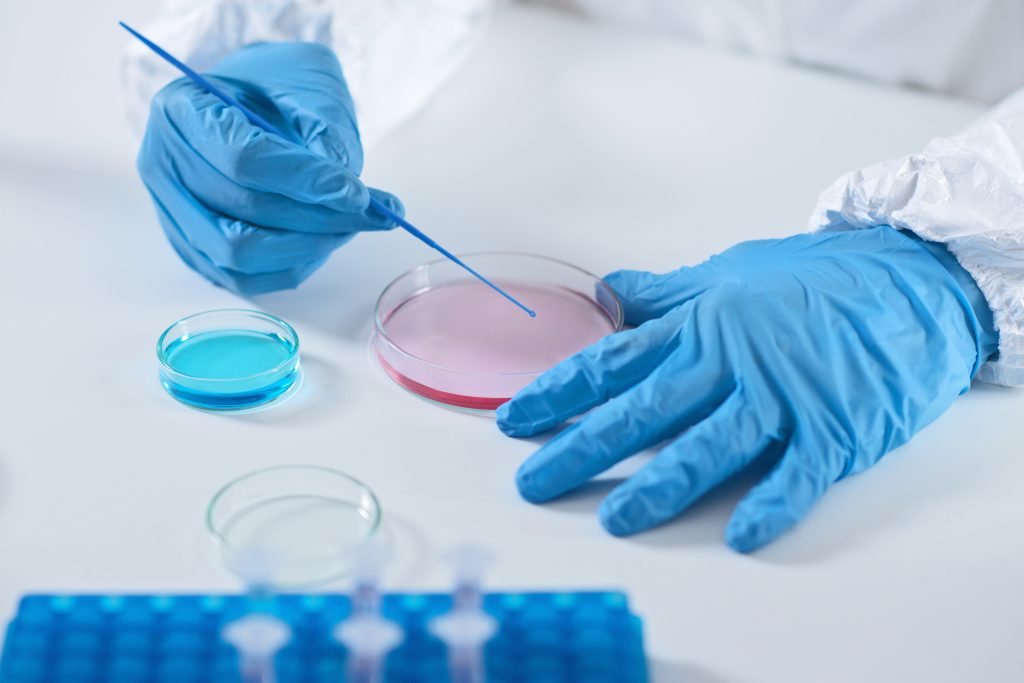A chest infection, also known as a respiratory infection, refers to an infection of the respiratory tract by a pathogen (viral, bacterial, mycobacterial or fungal). Here we will refer to infection of the lower respiratory tract, which is also termed lung infection.
The infection can involve the large airways (e.g. bronchitis), the small airways (e.g. bronchiolitis) or the lung tissue (e.g. pneumonia).
Infections are also drivers of exacerbations of underlying lung disease, also referred to as flare-ups. For example, infections can lead to exacerbations of COPD, asthma, bronchiectasis and interstitial lung disease.

Gram-positive bacteria
Gram-negative bacteria
Viruses
Mycobacterium
Non-tuberculous mycobacterium
Fungal


The treatment will depend on the cause.
General measures include resting and taking analgesics or anti-inflammatory medication to reduce fever and pain are helpful.
Viral infections usually resolve on their own and don’t require specific treatment other than general measures. In specific cases antiviral medication can be used (e.g. Oseltamivir for Influenza virus and Remdesivir for SARS-CoV-2).
Bacterial infections are treated with antibiotics. The type of antibiotic and duration of the treatment will depend on the suspected or identified pathogen as well as associated. co-morbidities.
Mycobacterial infections are treated with a combination of antimicrobials. The duration of treatment depends on the identified mycobacterium (e.g. 6 months for pulmonary tuberculosis and 18-24 months for non-tuberculous mycobacteria).
Fungal infections are treated with anti-fungal drugs (e.g. itraconazole, voriconazole, posaconazole, caspofungin, micafungin, amphotericin, terbenefine).
Respiratory Medicine
Royal Brompton Hospital
Sydney Street
Chelsea
SW3 6NP